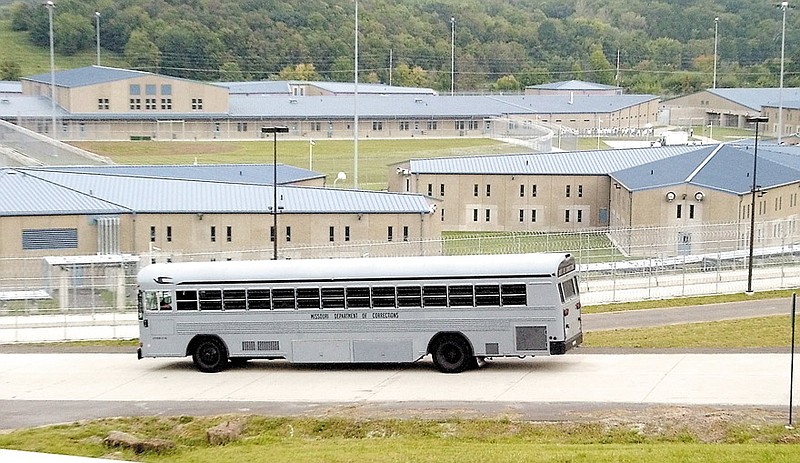In a 6-0 decision, the Missouri Supreme Court on Tuesday sent a lawsuit filed by Missouri corrections officers over overtime pay they say they are owed back to Cole County Circuit Court.
The lawsuit, filed Aug. 14, 2012, accused the Corrections Department of requiring corrections officers to work before and after assigned shifts without being paid for mandated work, which included going through security, signing in, getting keys and going to their duty assignment locations for the day.
Then-Cole County Presiding Judge Pat Joyce in August 2018 awarded $113.7 million to a class of corrections officers damages and post-judgment interest for breach of contract, pertaining to payment for the time spent performing pre-shift and post-shift activities.
The Department of Corrections appealed the judgment.
In October 2019, the Missouri Western District Court of Appeals affirmed the DOC still owed the group of former and current employees more than $100 million.
The state, represented by the Missouri Attorney General's Office, appealed that ruling, sending the case to the state Supreme Court.
The case was argued before the Supreme Court in April 2020. Lawyers representing the corrections workers said the DOC failed to follow Joyce's orders to pay compensation the workers were awarded and to implement a new timekeeping system.
The Attorney General's Office denied the DOC should pay employees for time spent on pre- or post-shift activities, arguing the time spent on such activities is minimal and the pre- or post-shift activities are not compensable under state law.
In the ruling announced Tuesday, the Supreme Court found Joyce did not err in October 2018 when she denied a motion for a new trial in the case.
The ruling from the Supreme Court shows, "The corrections officers' motion for partial summary judgment (judgment on the court filings, without a trial) demonstrated, as a matter of law, that the retrieval of keys and radios and the supervision of inmates while walking to and from the corrections officers' daily posts are compensable.
"However, the undisputed material facts do not establish the chronological order of all preshift and postshift activities so as to permit a determination of which other preshift and postshift activities are compensable under the continuous workday rule."
The Supreme Court found Joyce erred in concluding all pre-shift and post-shift activities were compensable.
The Supreme Court affirmed Joyce's judgment to the extent it found the retrieval of keys and radios and the supervision of inmates while walking to and from the corrections officers' daily posts are compensable, but in all other respects, the judgment was vacated and sent back to Cole County Circuit Court.

